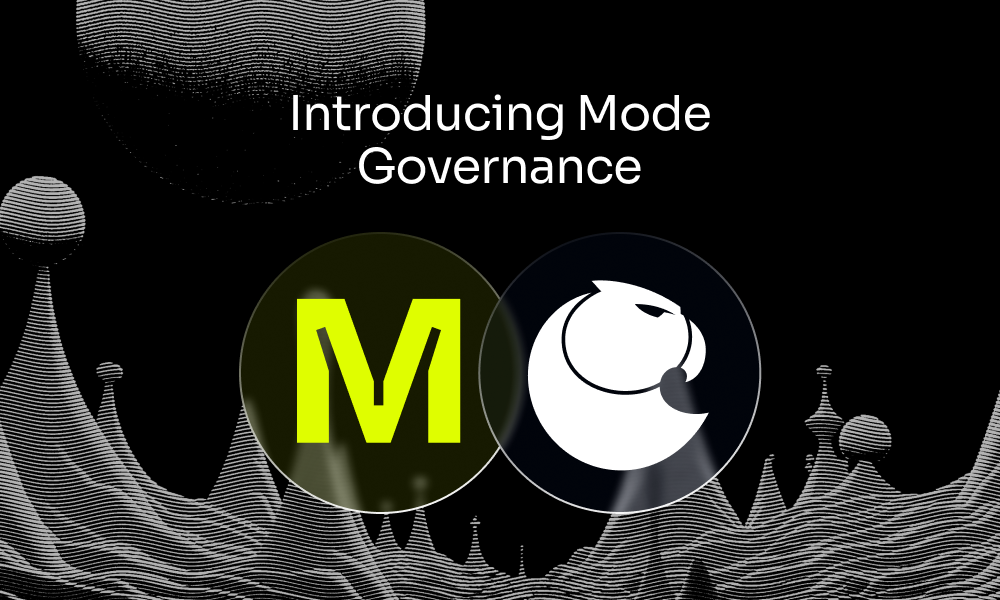Uplink CEO Carlos Lei and Avalanche’s Justin Fiddes on DePIN
The post Uplink CEO Carlos Lei and Avalanche’s Justin Fiddes on DePIN appeared on BitcoinEthereumNews.com.
In a recent BeInCrypto-hosted discussion, Sofia Pashnina brought together representatives from Avalanche and Uplink to explore the potential of decentralized physical infrastructure networks (DePIN). With insights from Carlos Lei, co-founder and CEO of Uplink, and Justin Fiddes, Senior Ecosystem Growth Associate at Avalanche Labs, the session delved into the future of connectivity and how blockchain technology can address growing global challenges. Introducing Uplink: Decentralizing Wireless Connectivity DePIN, short for Decentralized Physical Infrastructure Networks, merges blockchain technology with real-world infrastructure, such as routers, sensors, and energy systems. At its core, Uplink focuses on Decentralized Wireless (DeWi) to address a pressing issue: the exponential growth in data consumption and connected devices. Carlos Lei: Traditional telecom infrastructure struggles to keep up with demand. Building massive towers and acquiring real estate is not only expensive but increasingly impractical in a world where devices are multiplying faster than ever. Instead of relying on centralized infrastructure, Uplink enables communities to own and operate smaller, distributed connectivity nodes. These nodes, which can range from personal routers to specialized equipment, collectively provide the same—or better—service as traditional cell towers. Carlos Lei: This model reduces costs for telecom operators while rewarding individuals for contributing infrastructure. It’s a win-win scenario that decentralizes connectivity and makes it more scalable. Why Avalanche Is the Ideal Blockchain for DePIN Projects Justin highlighted Avalanche’s pivotal role in supporting projects like Uplink. He outlined two critical advantages that make Avalanche the blockchain of choice for DePIN projects: ownership and performance. 1. Ownership and Sovereignty Unlike many other blockchains, Avalanche enables projects to launch their own sovereign layer-1 blockchain. This approach allows projects like Uplink to fully customize their blockchain architecture, from virtual machine configurations to gas fee mechanisms. Justin Fiddes: With Avalanche, Uplink doesn’t have to compete for resources on a shared chain. Instead, they…


